The Ancient Olive Trees of Milas: EU Registration Highlights the High Quality of Products
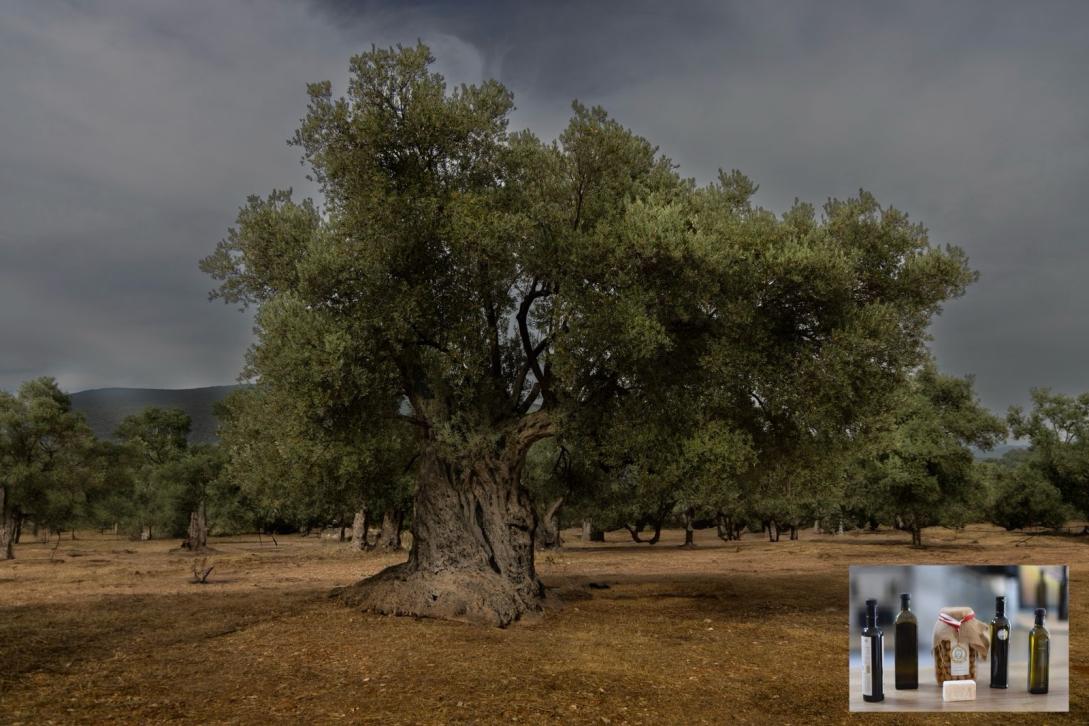
Memecik olives are typically grown in Muğla and Aydın provinces in the Aegean region. The EU has also registered Aydın’s Memecik olive.
According to the Zeytindostu (Olive Friend) Association, Türkiye produces an average of 150,000 tonnes of olive oil annually. This makes Türkiye the fifth largest producer of olive oil globally, after Spain, Italy, Greece, and Tunisia. About 73% of the olives produced in the country are used to make oil, and 53 % of olive production occurs in the Aegean region.
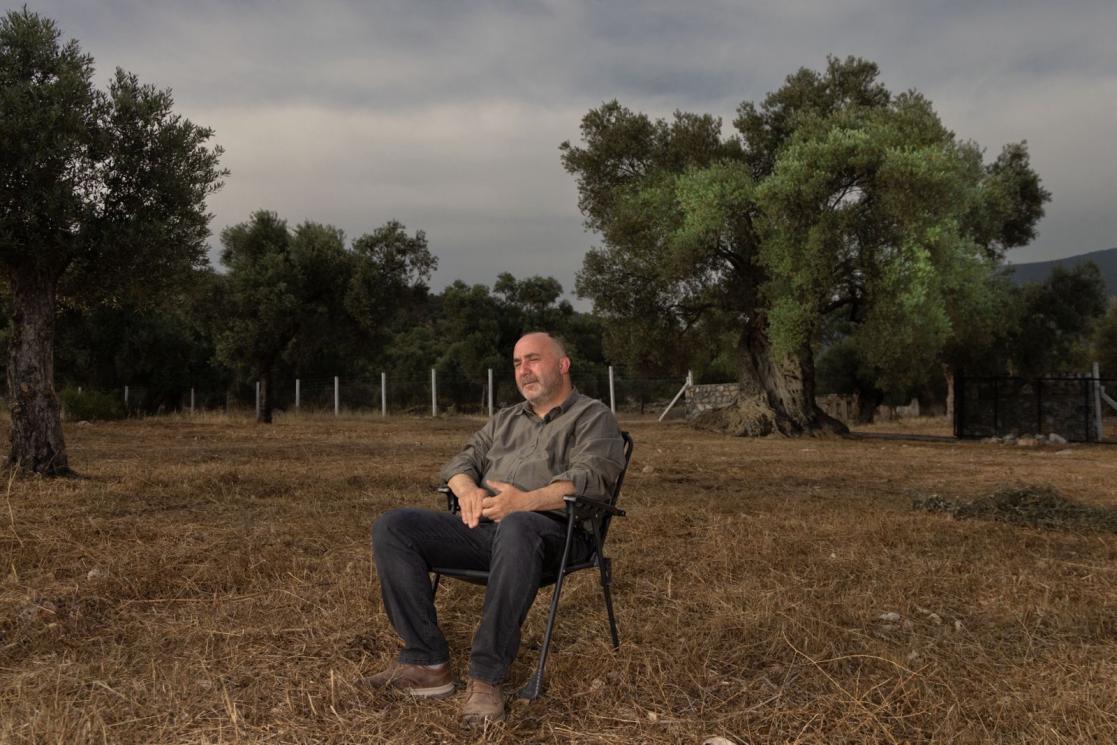
EUROPEAN UNION, 2025
Olive oil producer and physics professor, Dr Selçuk Aktürk
There are more than 13 million olive trees in and around Milas, about 80 of which are over 3,000 years old. Olive oil producer and physics professor Dr Selçuk Aktürk, who has a 3,000-year-old olive tree in his olive grove in Milas, says: “This is one of those trees planted by wolves and birds that we call ‘delice’ (Olea oleaster). These trees have survived earthquakes and floods; they are still alive and producing. According to the information we have gleaned from archaeological findings, the history of olive oil in this region dates back at least 2,500 years. These olive trees represent our natural heritage, and we must protect them.”
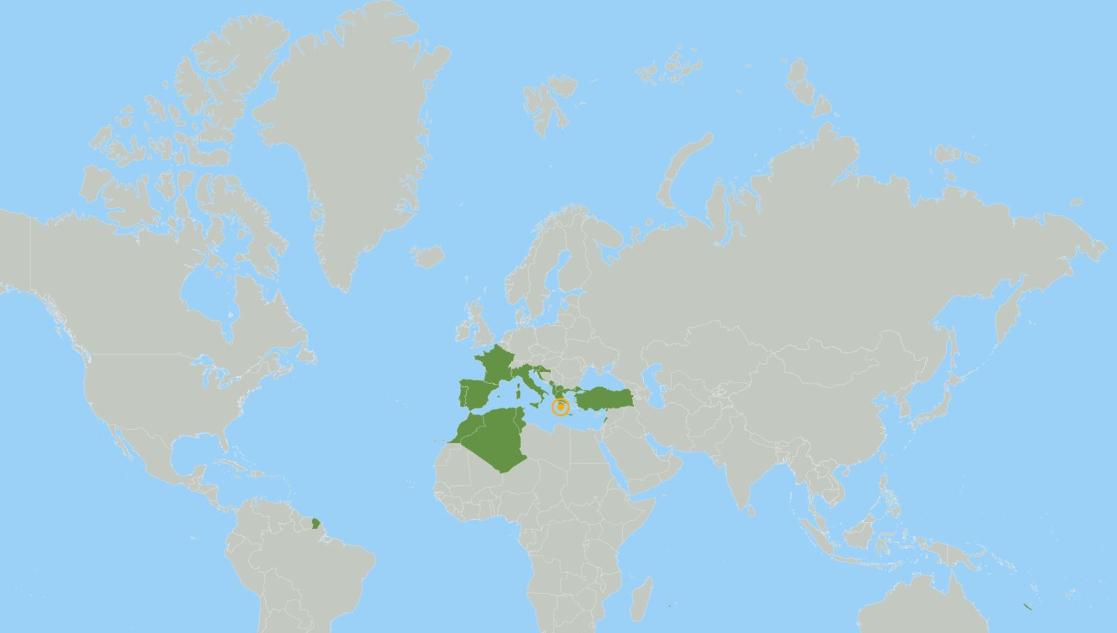
EUROPEAN UNION, 2025
Map showing the countries included in the Council of Europe Routes of the Olive Tree
Milas is situated on the Council of Europe Routes of the Olive Tree. The route in Türkiye starts from the Çanakkale province and ends in the Antalya province.
EU-standard olive oil
Hatice Aktürk, an olive oil producer, maintains that the Memecik olive is very special. She says: “We harvest olives while they are still green. We separate the rotten olives one by one. We cold-press the healthy olives in closed-system machines. With the influence of this geography and perhaps these ancient trees, we obtain a really high-quality olive oil at EU standards. It should taste fruity, burning and bitter. When you drink this olive oil, it burns your throat, not your stomach. When you smell it, you experience the scent of nature; it’s incredible!”
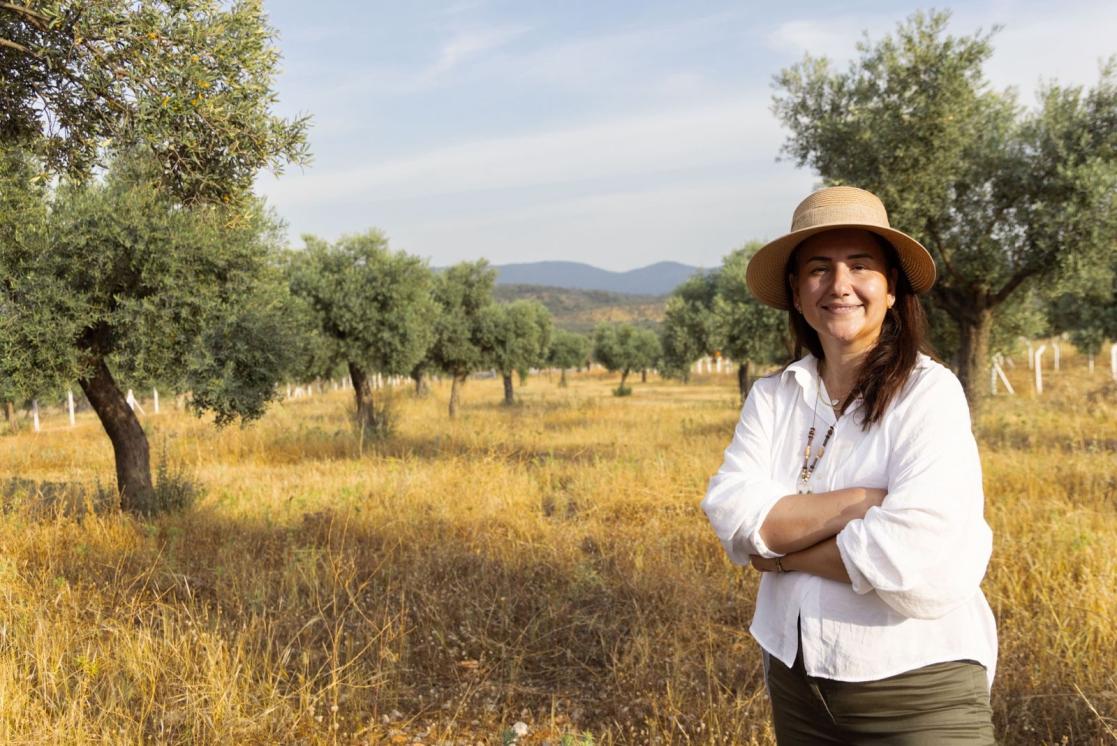
EUROPEAN UNION, 2025
Hatice Aktürk, an olive oil producer
Conscious consumers and producers
İsmail Kocabay, another olive oil producer from Milas, reflects: “In the past, everyone produced enough olive oil for themselves. But when olive growing developed, we transitioned into this business. My wife and I took care of our old olive groves and planted new ones. We won the gold medal in the competitions organised by the Muğla Provincial Directorate of Agriculture. Consumers can buy the products with confidence when they see the EU’s protected designation of origin (PDO) logo on the packaging of the Milas Yağlı Zeytini and the Milas Zeytinyağı olive oil bottles.”
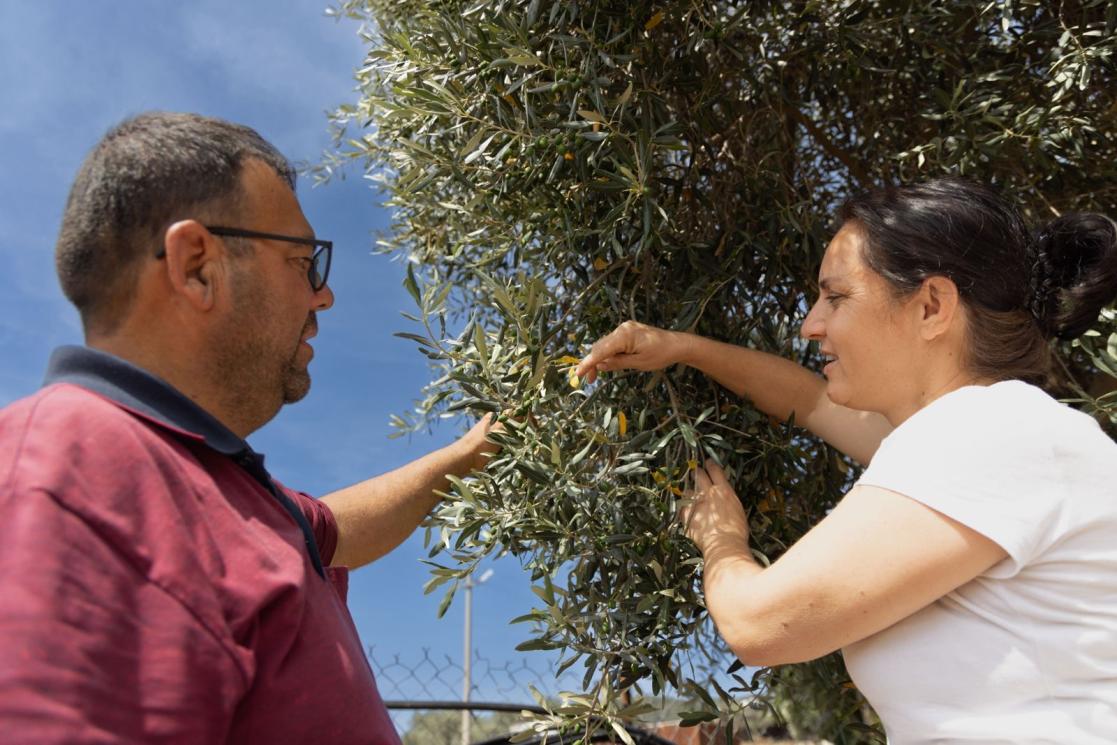
EUROPEAN UNION, 2025
 Olive oil producers İsmail and Ayşin Kocabay
Olive oil producers İsmail and Ayşin Kocabay
His wife, Ayşin Kocabay, says: “When consumers become aware [of the standards], producers must also become aware. Our aim is to take part in European competitions. The EU’s logo is a great advantage for us. It also proves the quality of our olive oil.”
Milas Yağlı Zeytini
The medium-sized ‘Milas Yağlı Zeytini’ produced from the Memecik olive is a table olive with black/purple colour, split vertically, fruit-flavour. Nurgül Çöllüoğlu, President of the Milas Anatolia Women's Initiative Cooperative, says: “I can clearly say that after receiving the EU's PDO, interest in ‘Milas Yağlı Zeytini’ olive increased because people started to trust the product more.”
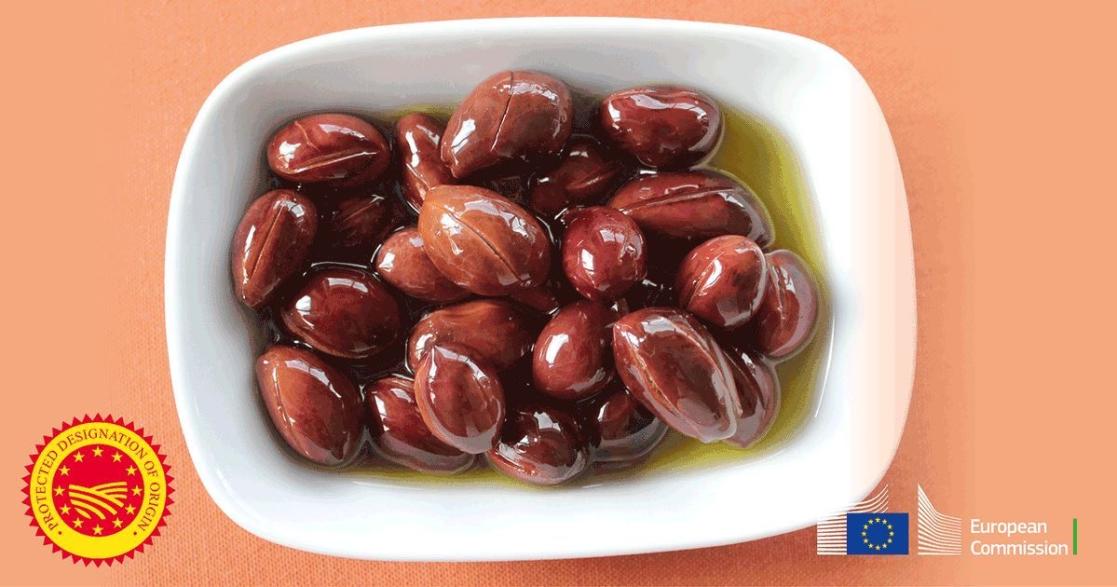
EUROPEAN UNION, 2025
‘Milas Yağlı Zeytini’ olive produced from the ‘Memecik’ olive
EU registration increases consumer interest in products
Milas Chamber of Commerce and Industry President Reşit Özer, who applied for the EU registration of the two products, is delighted with the interest shown by consumers and investors toward Milas Yağlı Zeytini and Milas Zeytinyağı: “We had one goal: to make Milas Yağlı Zeytini and Milas Zeytinyağı into a successful brand. In 2020, Milas Zeytinyağı became the first Turkish olive oil registered by the EU, substantially increasing consumer interest in the product. In 2022, Milas Yağlı Zeytini was also registered by the EU, which greatly contributed to the branding. The number of factories grew to 75 and the number of brands to 90. Large markets started to demand our products. The price of oil and olives increased. Exports to the USA and Canada commenced.”
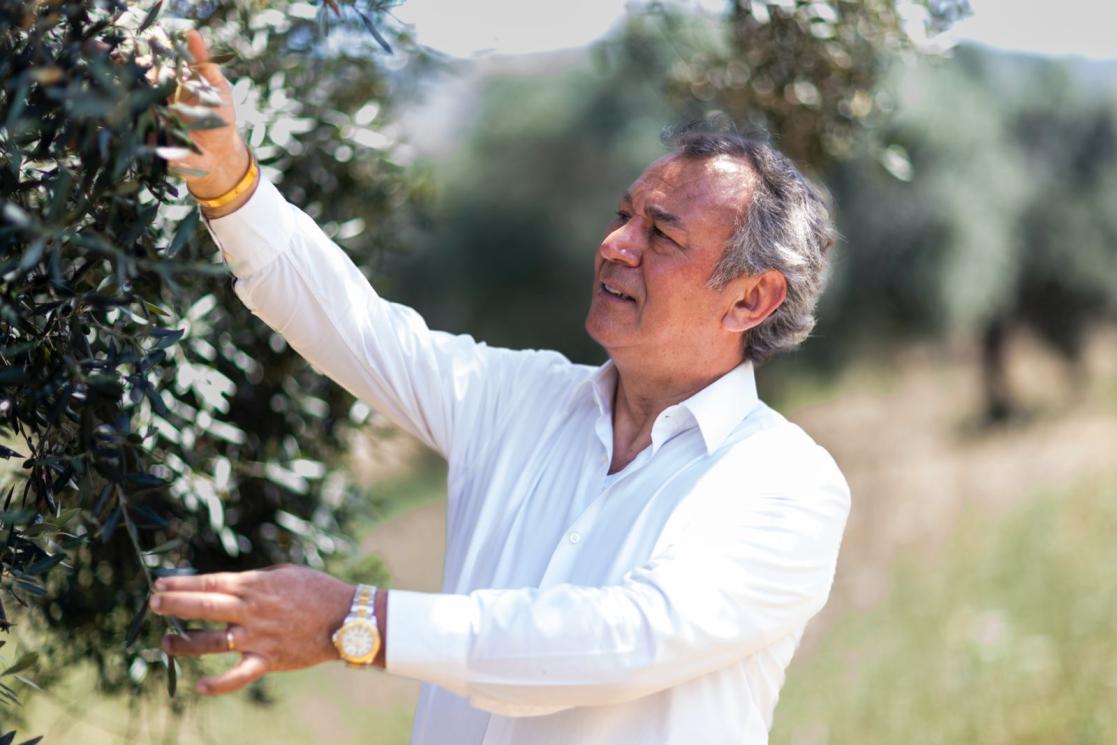
EUROPEAN UNION, 2025
 Reşit Özer, Milas Chamber of Commerce and Industry President
Reşit Özer, Milas Chamber of Commerce and Industry President
The Head of the Delegation of the European Union to Türkiye, Ambassador Thomas Hans Ossowski, says: “PDO and PGI (protected geographical indication) are crucial because consumers know that they are getting a genuine product when they see their logo. Registration by the EU protects the Milas Yağlı Zeytini and Milas Zeytinyağı, their producers and consumers, increases its recognition in Türkiye and beyond, and encourages the use of their traditional know-how.”
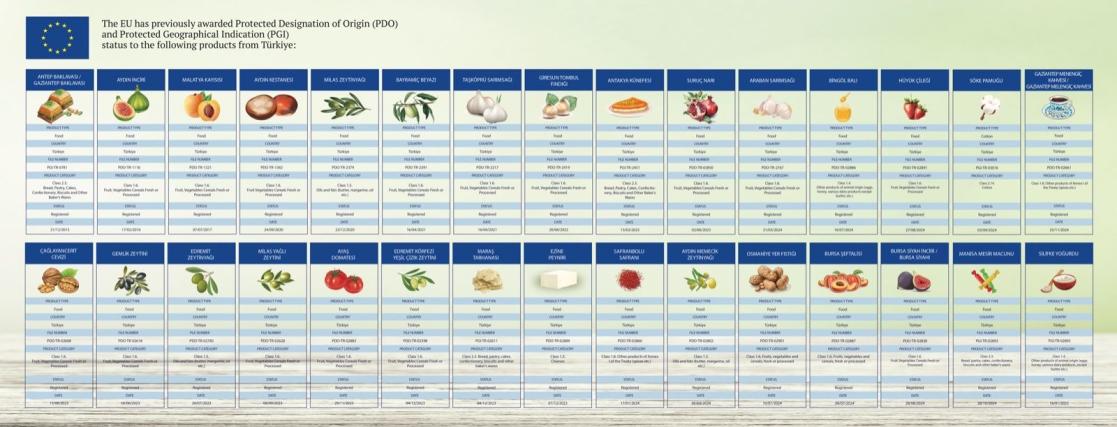
EUROPEAN UNION, 2025
The EU has awarded PDO or PGI (Protected Geographical Indication) status to the following products from Türkiye: Antep Baklavası/Gaziantep Baklavası, Aydın Kestanesi, Aydın İnciri, Bayramiç Beyazı, Malatya Kayısısı, Milas Zeytinyağı, Taşköprü Sarımsağı, Giresun Tombul Fındığı, Antakya Künefesi, Suruç Narı, Çağlayancerit Cevizi, Gemlik Zeytini, Edremit Zeytinyağı, Milas Yağlı Zeytini, Ayaş Domatesi, Edremit Körfezi Yeşil Çizik Zeytini, Maraş Tarhanası, Ezine Peyniri, Safranbolu Safranı, Aydın Memecik Zeytinyağı, Araban Sarımsağı, Bingöl Balı, Osmaniye Yer Fıstığı, Bursa Şeftalisi, Hüyük Çileği, Bursa Siyah İnciri/Bursa Siyahı, Söke Pamuğu, Manisa Mesir Macunu, Gaziantep Menengiç Kahvesi / Gaziantep Melengiç Kahvesi, and Silifke Yoğurdu.





